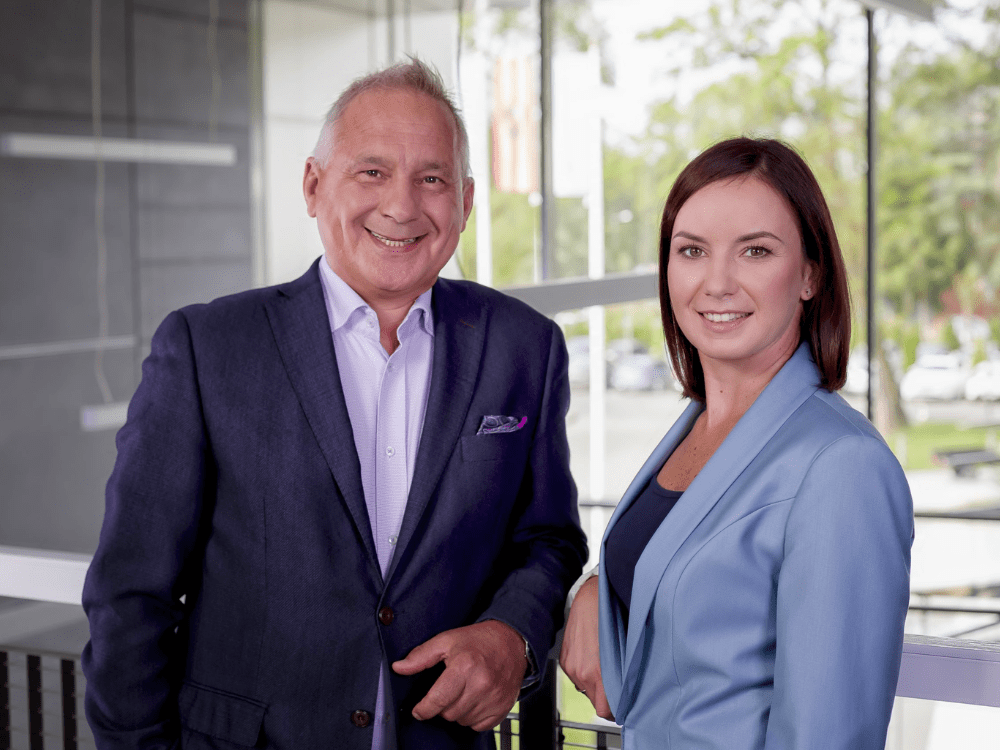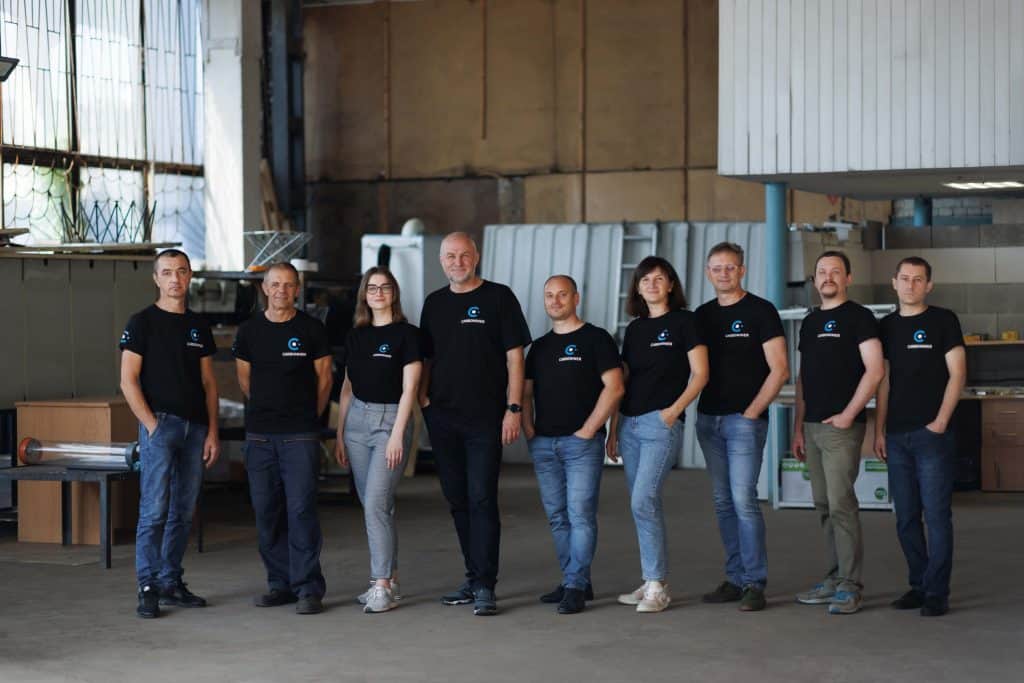Data Snapshot is a regular AgFunderNews feature in which we analyze agrifoodtech market investment data provided by our parent company, AgFunder.
Click here for more research from AgFunder and sign up to our newsletters to receive alerts about new research reports.
Agrifoodtech startup funding in Eastern Europe and the Baltics may be a small slice of the pie right now, but it’s driven by enormous issues that have global impacts.
Russia’s invasion of Ukraine and the ensuing war along with the impacts of climate change and residual effects of Covid-19 have all put these regions’ food systems under tremendous strain over the last few years.
But startups continue to innovate against this rather bleak backdrop. Startups in Eastern Europe and the Baltics raised $82.3 million across 20 deals from Aug. 1 2022 to Aug. 1 2023, according to AgFunder data, addressing everything from supply chain pressure to the need for more planet-friendly energy and materials.

The story behind the numbers
Startup funding for these regions has swung up and down heavily over the last few years. The $82.3 million figure is down from the $109.67 million raised across 60 deals in 2021 and 2022 over the same timeframe.
But as we note on AgFunderNews, 2021 was an outlier year for fundraising where inflated valuations and cheap money drove the market. While agrifoodtech funding for Eastern Europe and the Baltics declined along with the rest of the world, it’s actually up from $54 million raised from Aug. 1 2020 to Aug. 1 2021.
Beyond macro economic trends, the most probable reason for the drop is the notable absence of Russian and Ukrainian startups over the last couple years. Both figured prominently before the Feb. 2022 Ukraine invasion, adding to both deal size and deal count.
As we predicted at the time, “Putin’s invasion of Ukraine won’t just disrupt food supplies, but food technologies, too.”

Top deals & categories for Eastern Europe and the Baltics
The AgFunder-defined Bioenergy & Biomaterials category raised the most across Aug. 1 2022 – Aug. 1 2023, with $49.6 million, thanks to a $49.4 million deal from Lithuanian renewable energy startup Green Genius.
The other Bioenergy & Biomaterials deal came from Carbominer, a CO2 capture startup that’s also the only Ukrainian company to have raised money during the timeframe, with $200,000.
Supply Chain Technologies was the next most-funded category, with three deals totaling $22 million.
Estonia’s Icosagen Group, which makes technologies for biotech and biopharma, raised $19 million, followed by a $2.5 million round from Polish biotech startup NapiFeryn BioTech, which develops protein isolates from oil seeds.
Another Estonian startup, edible packaging company Decomer Technology, raised just over $200,000.
Instore Retails & Restaurant tech had the most deals but raised just $2 million across its six deals.




